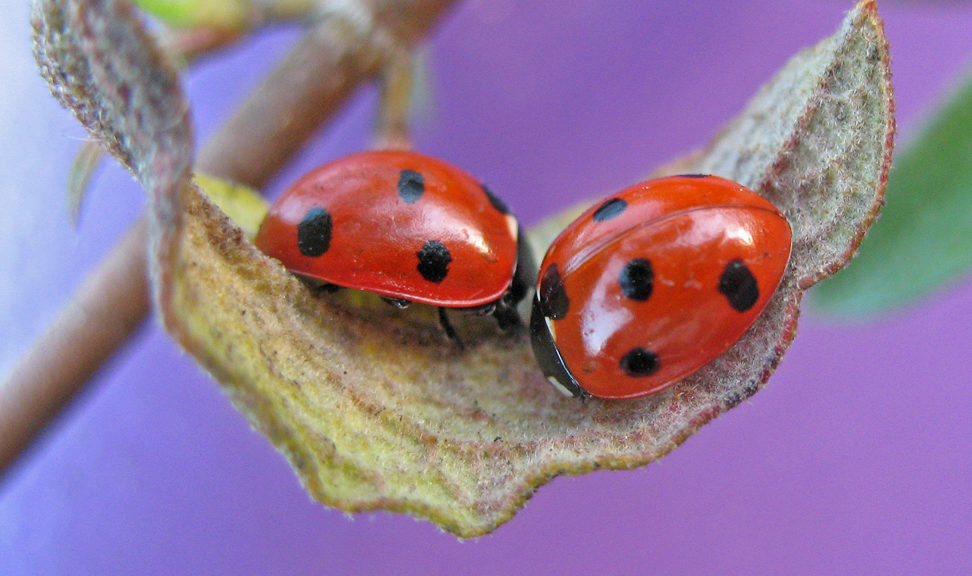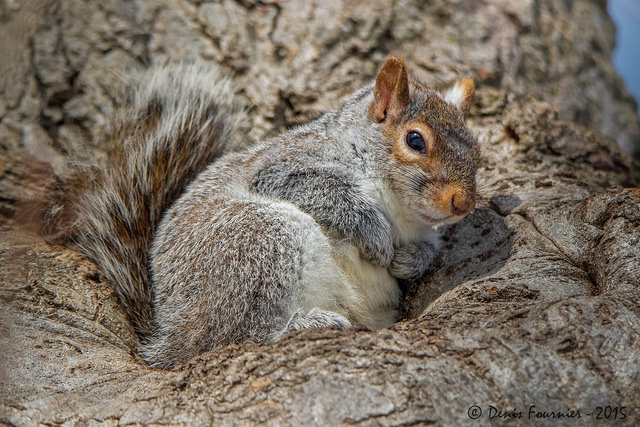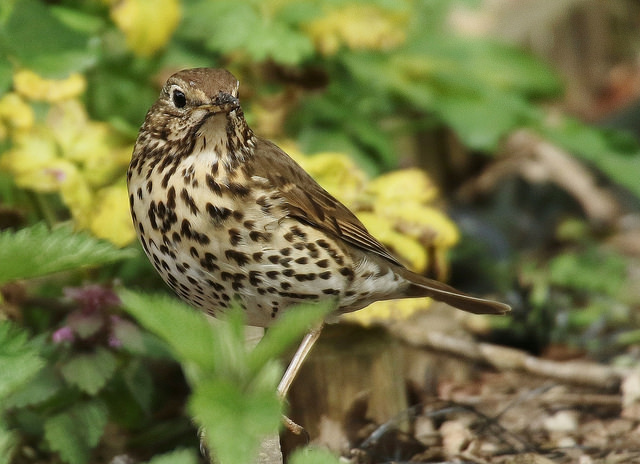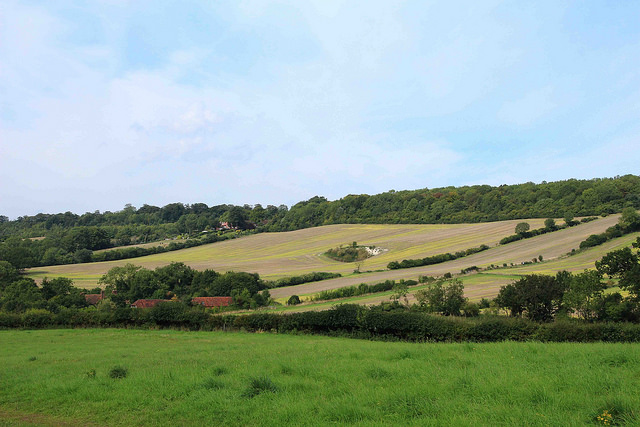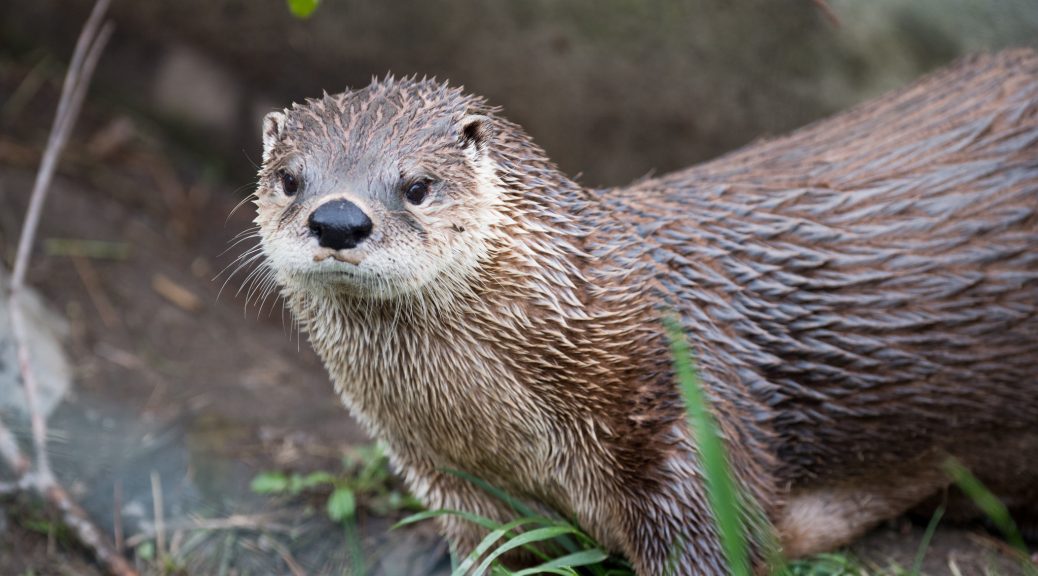The GUARDIAN reports that naturalists are concerned for early-emerging spring species in UK. Spring is arriving early with swallows, frogspawn and unexpected perfume as temperatures soar up to 20C above this time last year when Britain was blasted by the “beast from the east”. Rooks are nesting, ladybirds are mating and dozens of migratory swallows have been spotted along the south-west coast – more than a month ahead of their normal arrival. Naturalists fear for these early spring species if March does turn markedly colder and wetter.
Photo of ladybird pair by Nutmeg 66 under creative commons https://creativecommons.org/licenses/by-nc-nd/2.0/legalcode

